February 7 7:00 pm
A free webinar hosted by the Climate-Friendly Food Committee of the Portland Chapter of the Climate Reality Project
Three invited guest speakers will present and discuss the relationship between our food choices and the earth’s climate, and the only realistic way to avoid climate chaos:
Glen Merzer – author of Food Is Climate
Dr. Sailesh Rao – founder of ClimateHealers.org
Gerard Bisshop – former principal scientist of the State of Queensland, Australia
Up until now, most climate activism has focused on reducing emissions from burning fossil fuels. Yet, even if we were to completely stop burning fossil fuels today, the CO2 from past emissions will remain in the air for a very long time, and temperatures will continue to rise to very harmful levels. One of the main reasons why: over the past 10,000 years, humans have removed a third to half of the world’s forests—an estimated 3 trillion of the historic 6 trillion trees. These trees were a critical carbon removal and storage system. Much of the formerly forested lands—roughly 5 billion acres, an area twice the size of the United States—are now used for grazing and for growing feed for the 25 billion livestock animals now on our planet at any one time. In addition, the ruminant animals (primarily cows and sheep) produce methane and nitrous oxide gases that have more than 100 times the heat-trapping effect as CO2.
If we reforested or rewilded much of the current pastureland (rewilding means allowing land to return to its natural state by leaving it alone), the restored trees could remove enough CO2 to avoid catastrophic climate change, even if we continue to burn some fossil fuels. And because growing plants to feed people rather than animals is a much more efficient way to meet the nutrition needs of the world’s people, only a small fraction of the billions of acres of current pastureland would be needed to produce enough plant-based calories, protein, and other nutrients to replace the nutrients currently supplied by animal products.
